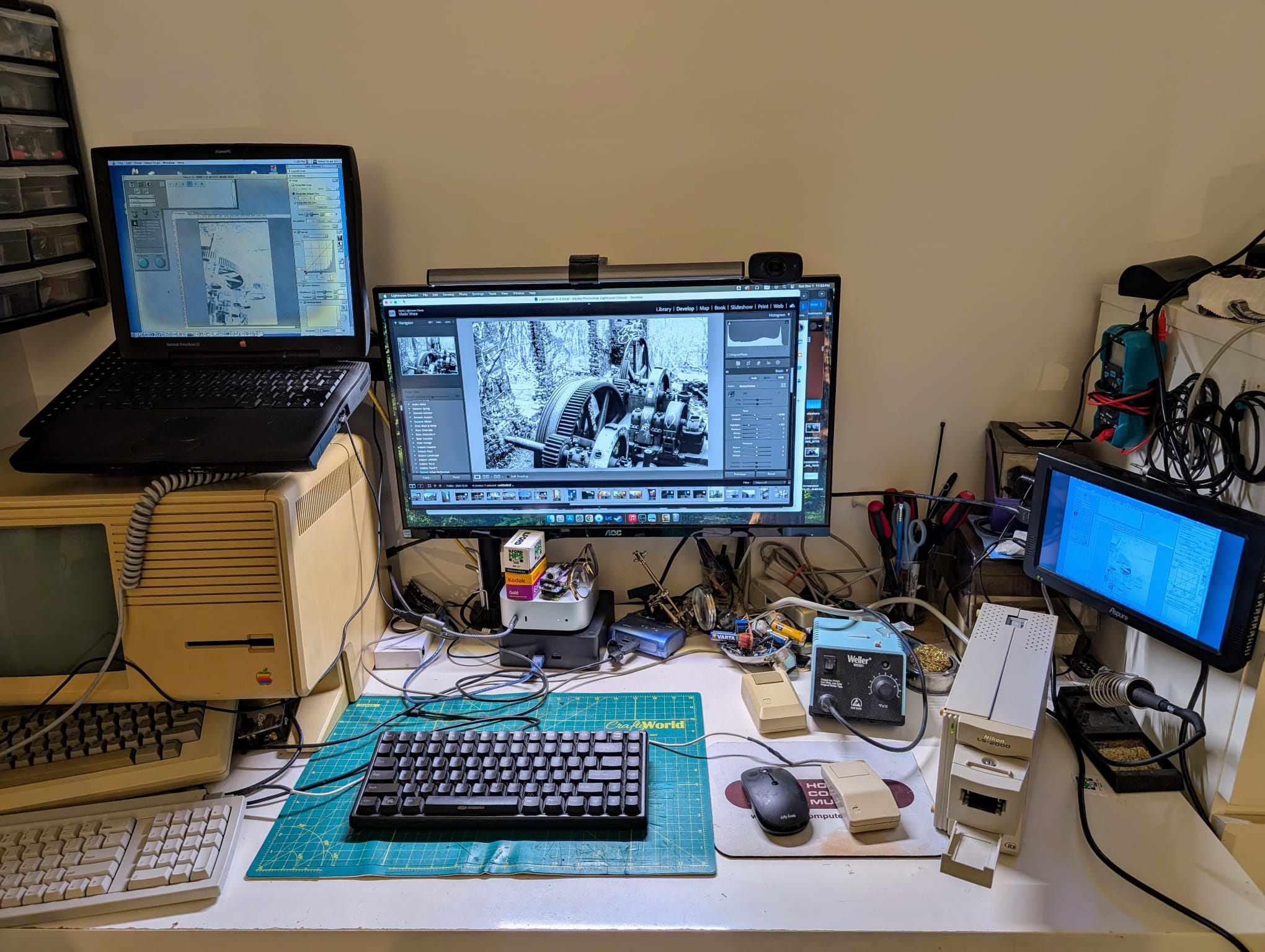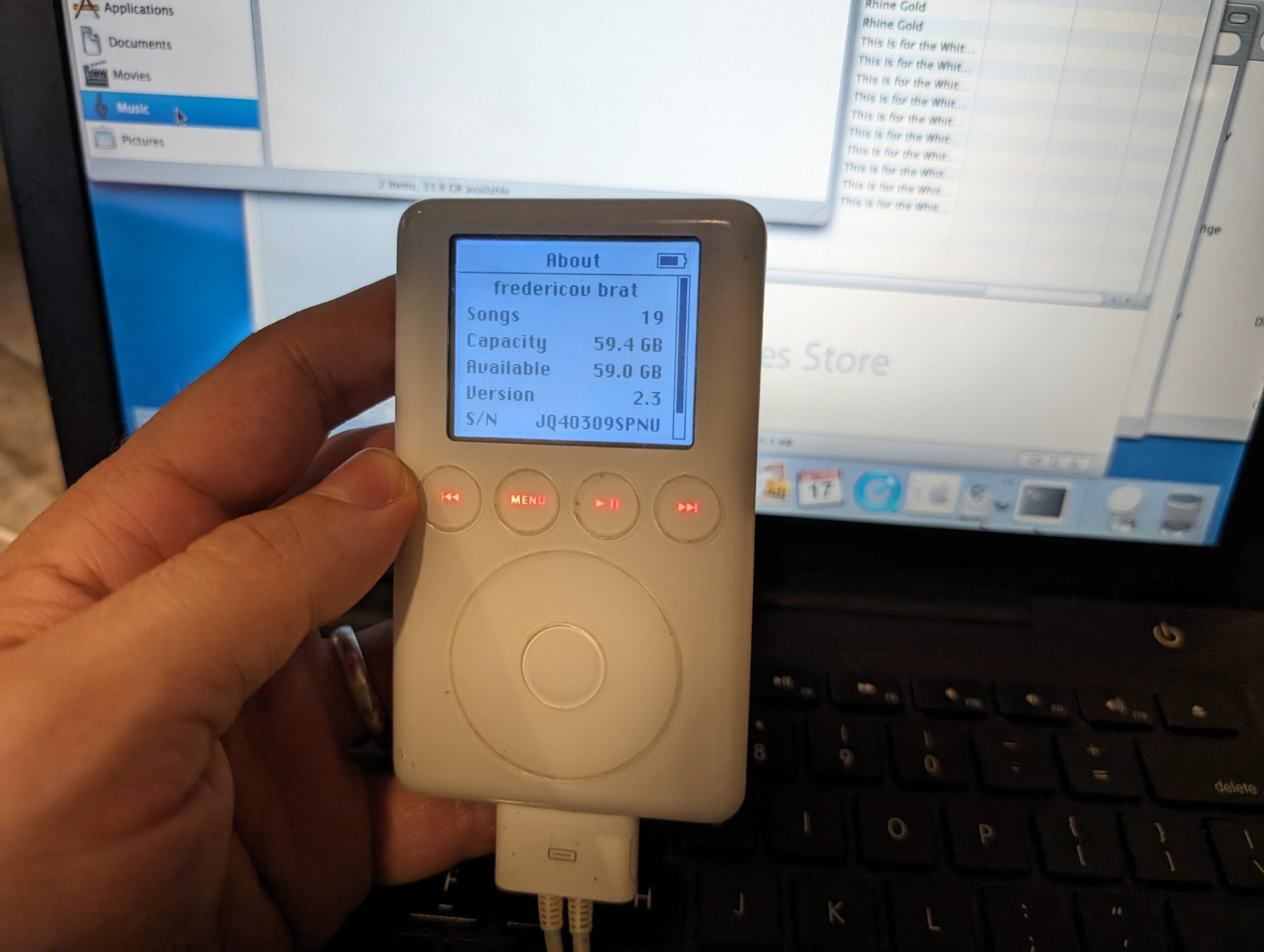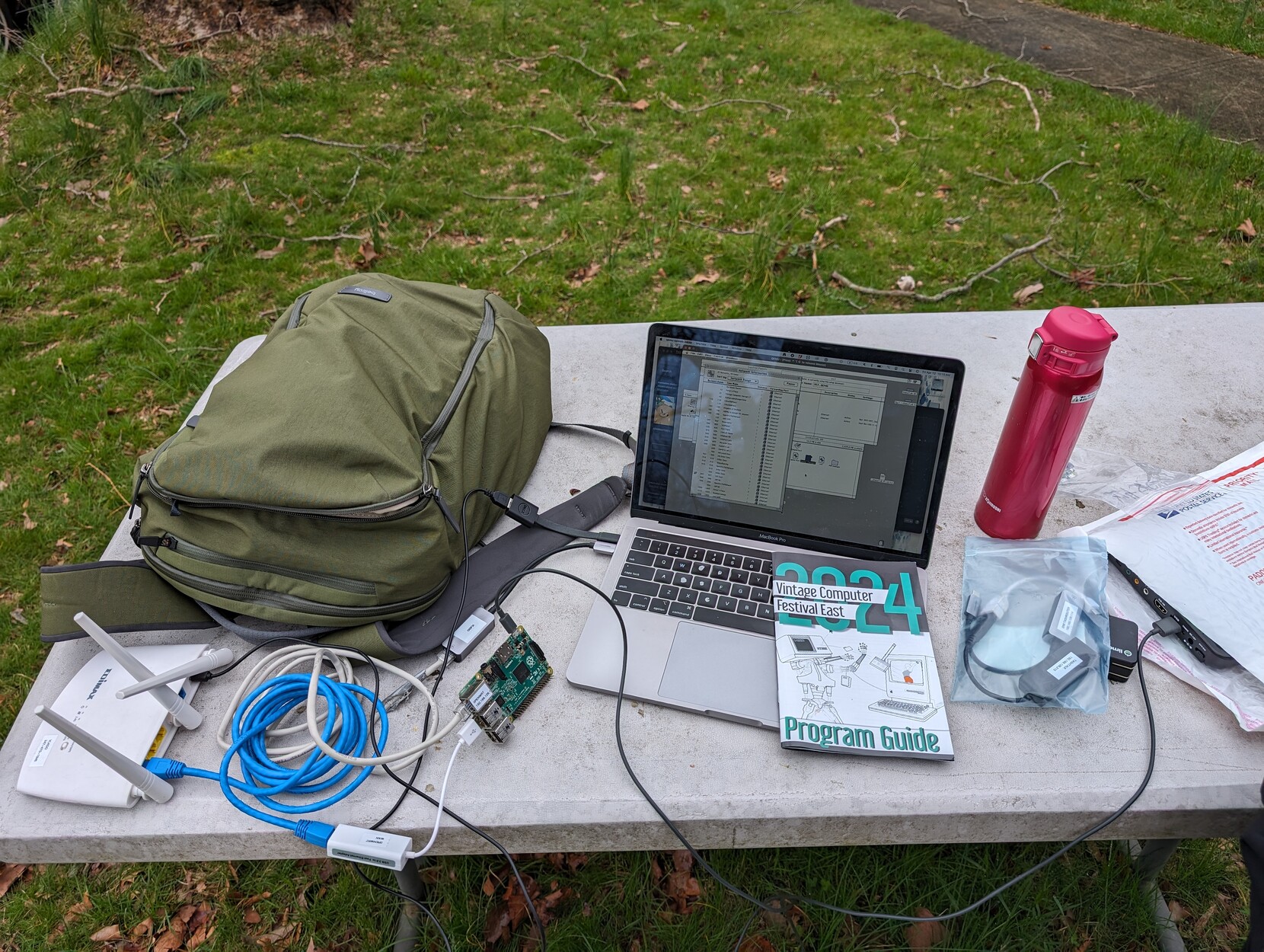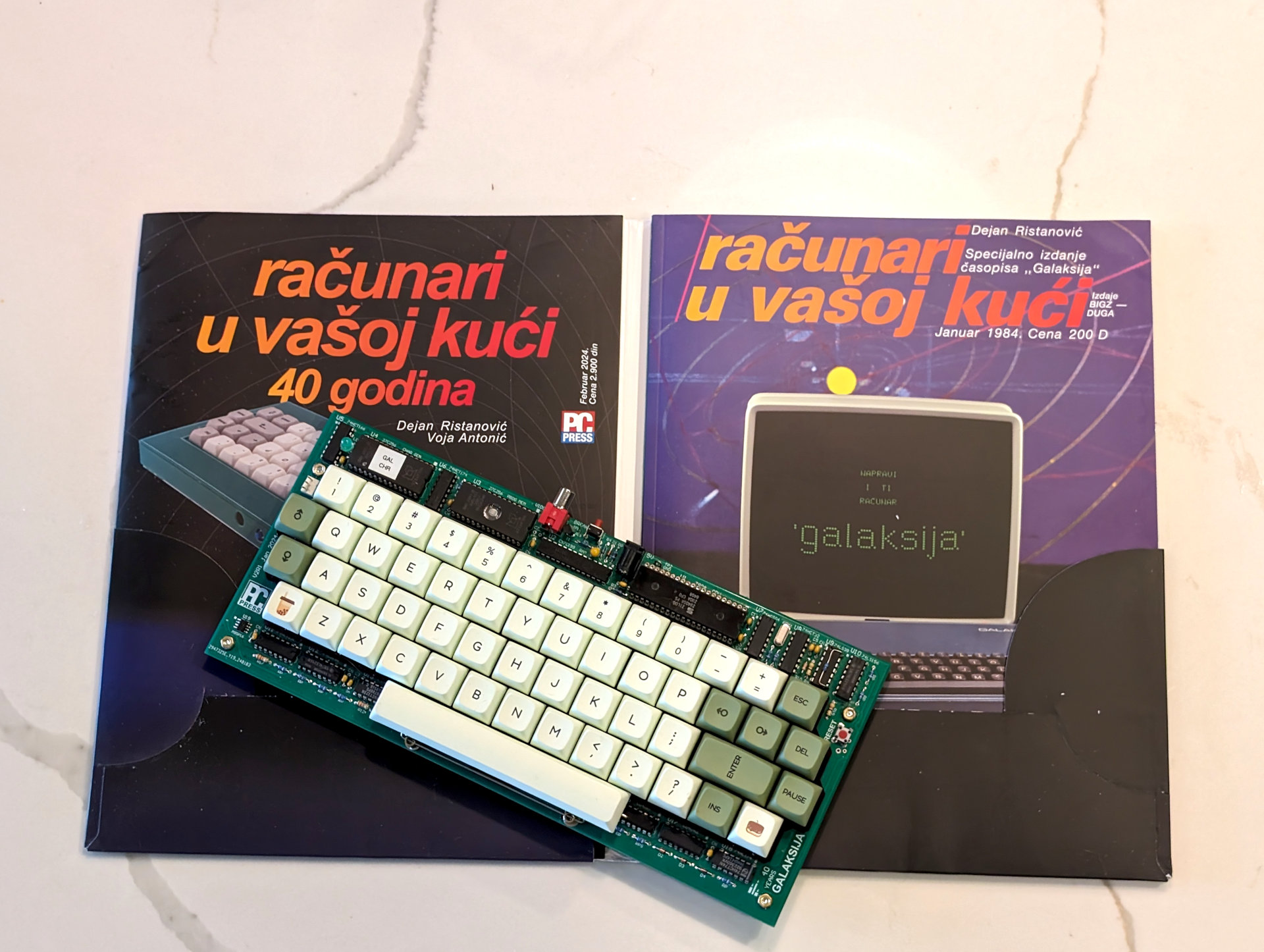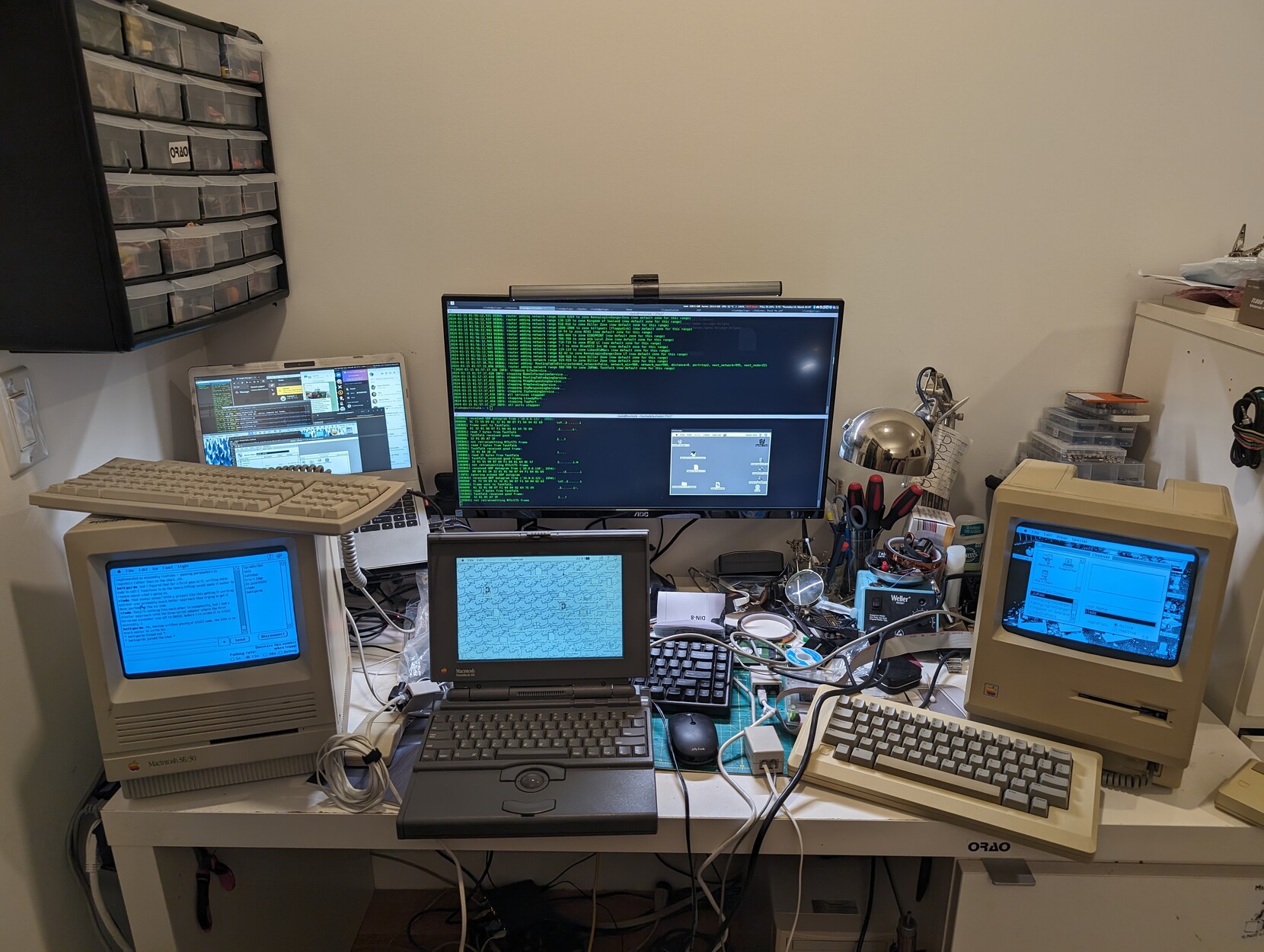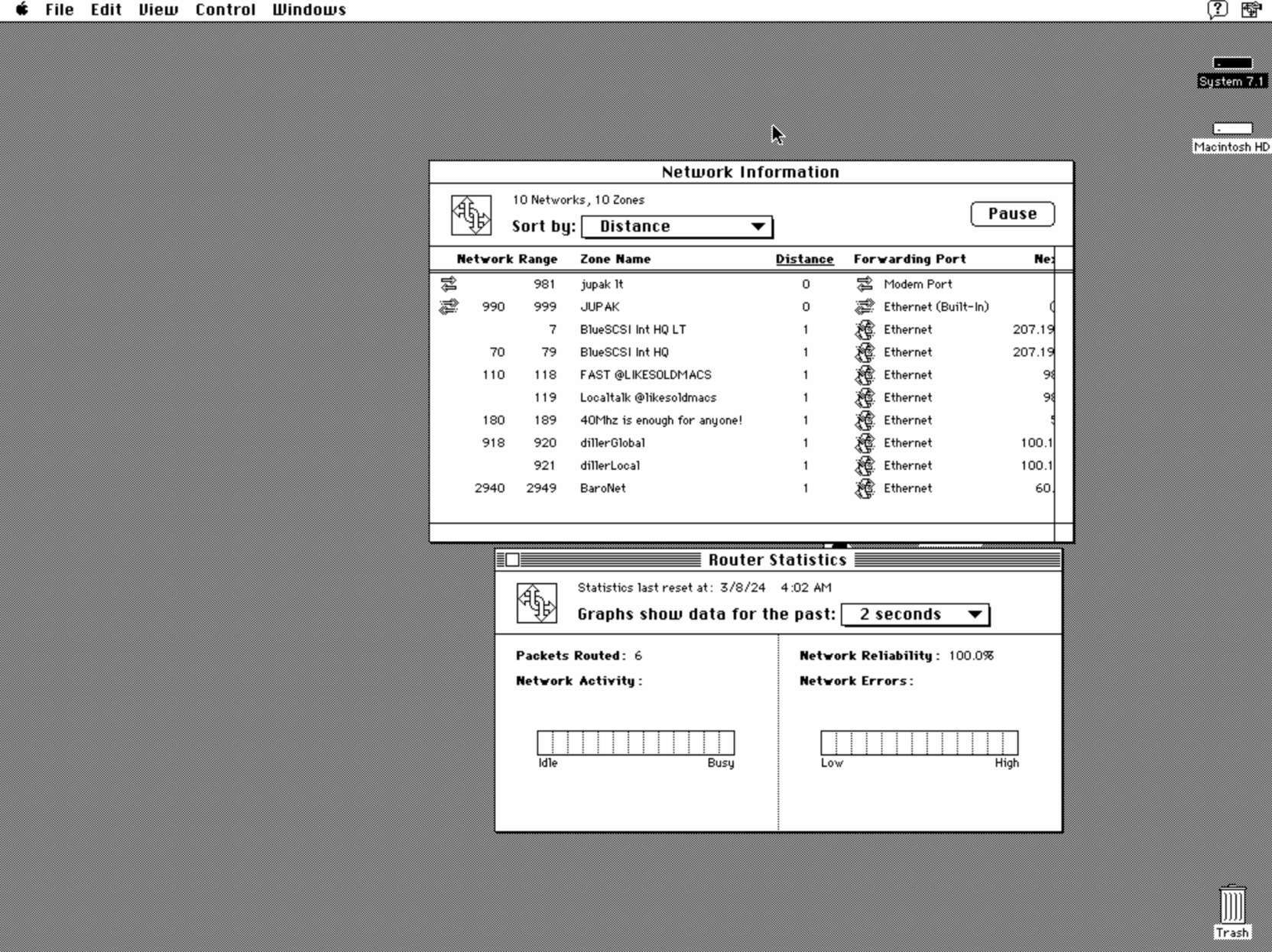Trainhopping at Dobova – cross border rail on a 160 year old train line
Note: this trip was inspired by Jon Worth’s Cross Border Rail project. Make sure to follow him on Bluesky and Mastodon! History On the first of October 1862, Südbahn-Gesellschaft (South Railway Company) opened the Zidani Most – Zagreb – Sisak railway. This was one of the first railways in what are now Slovenia and Croatia, and this route is still the main rail link between the capitals of the two

